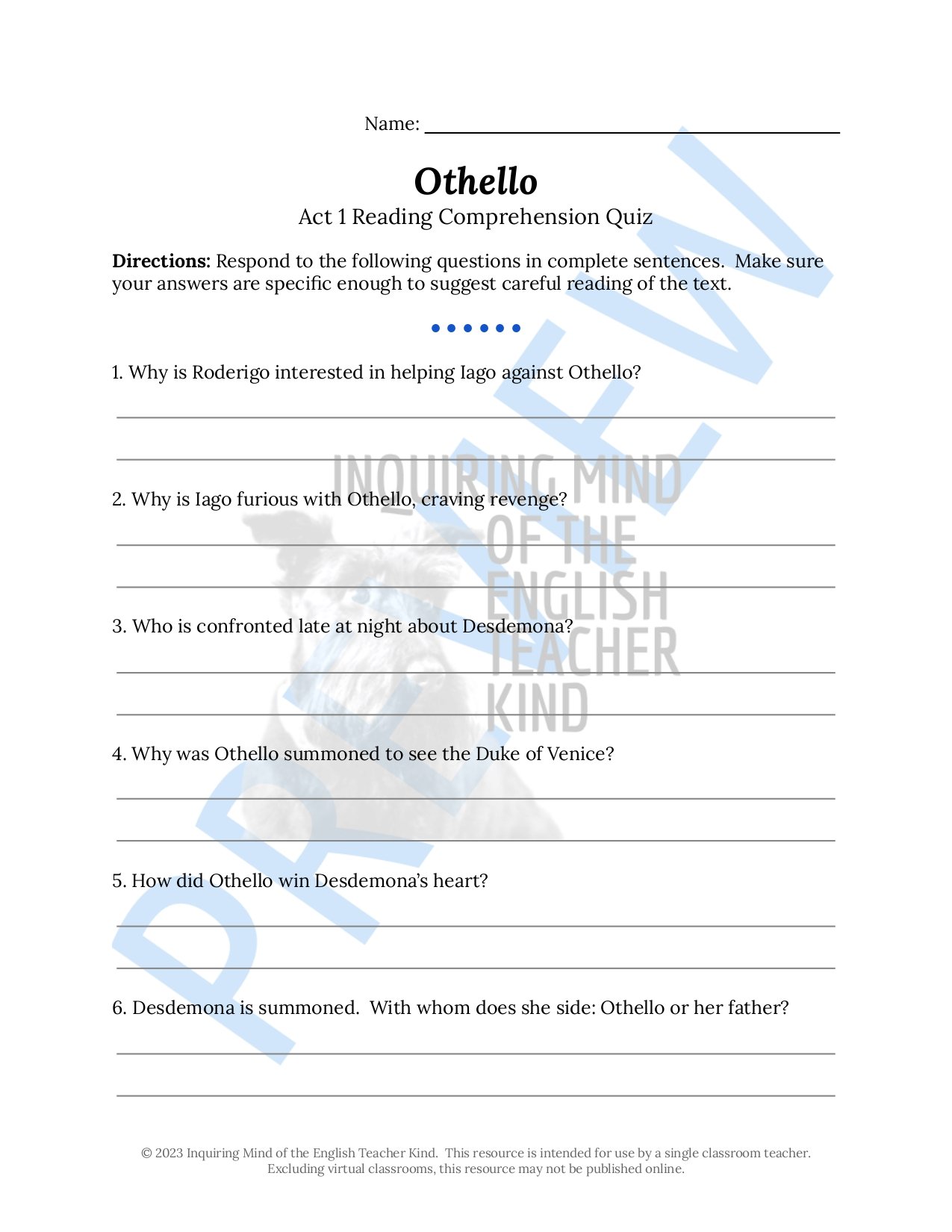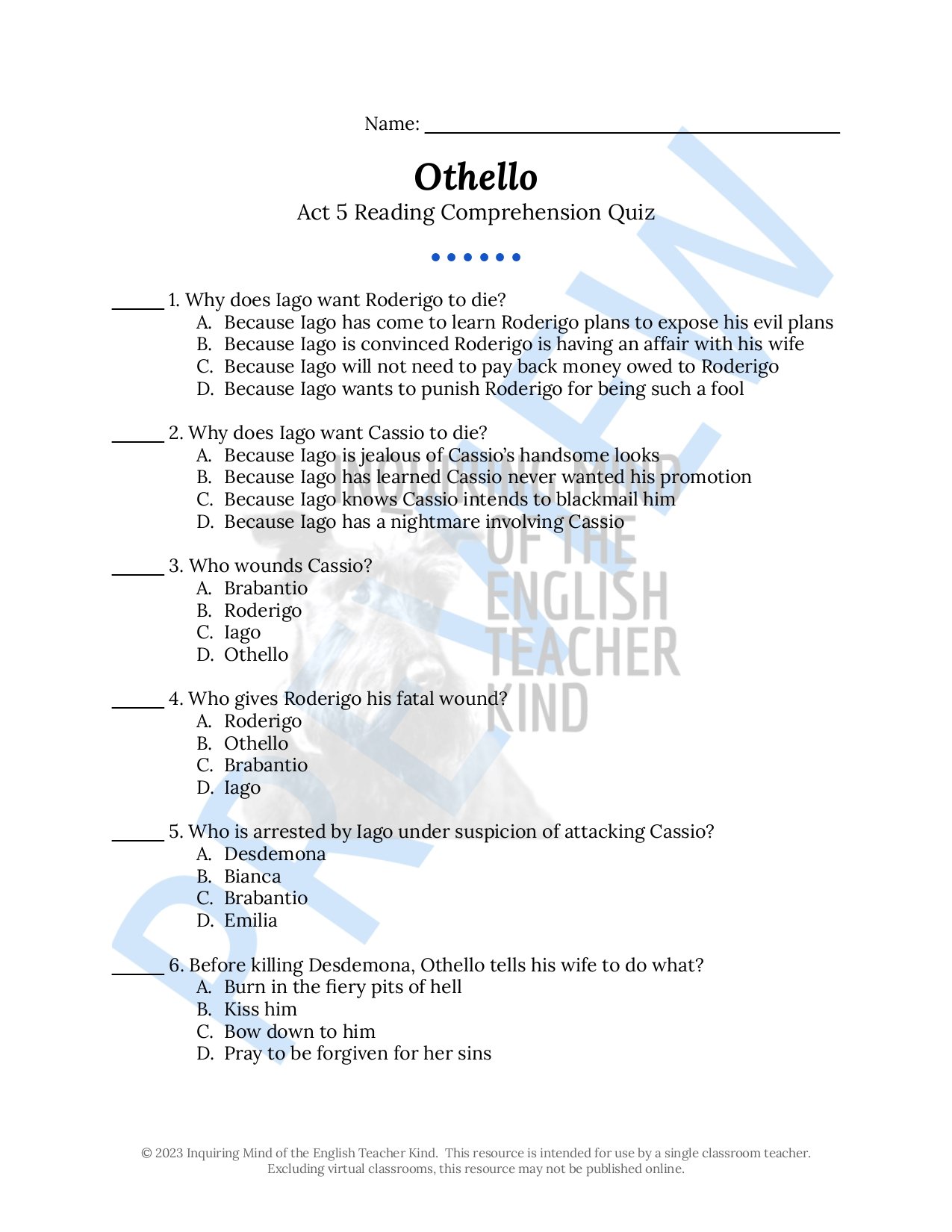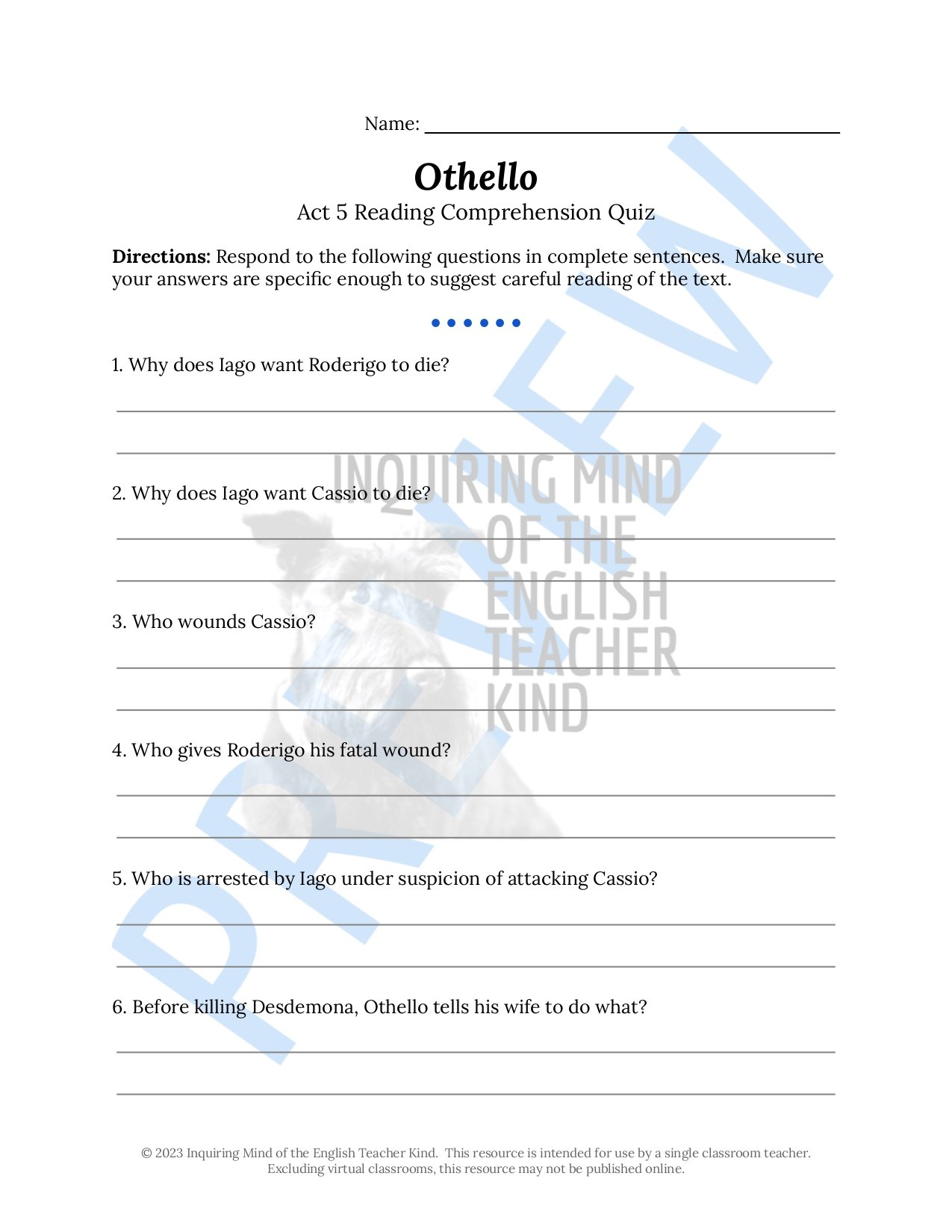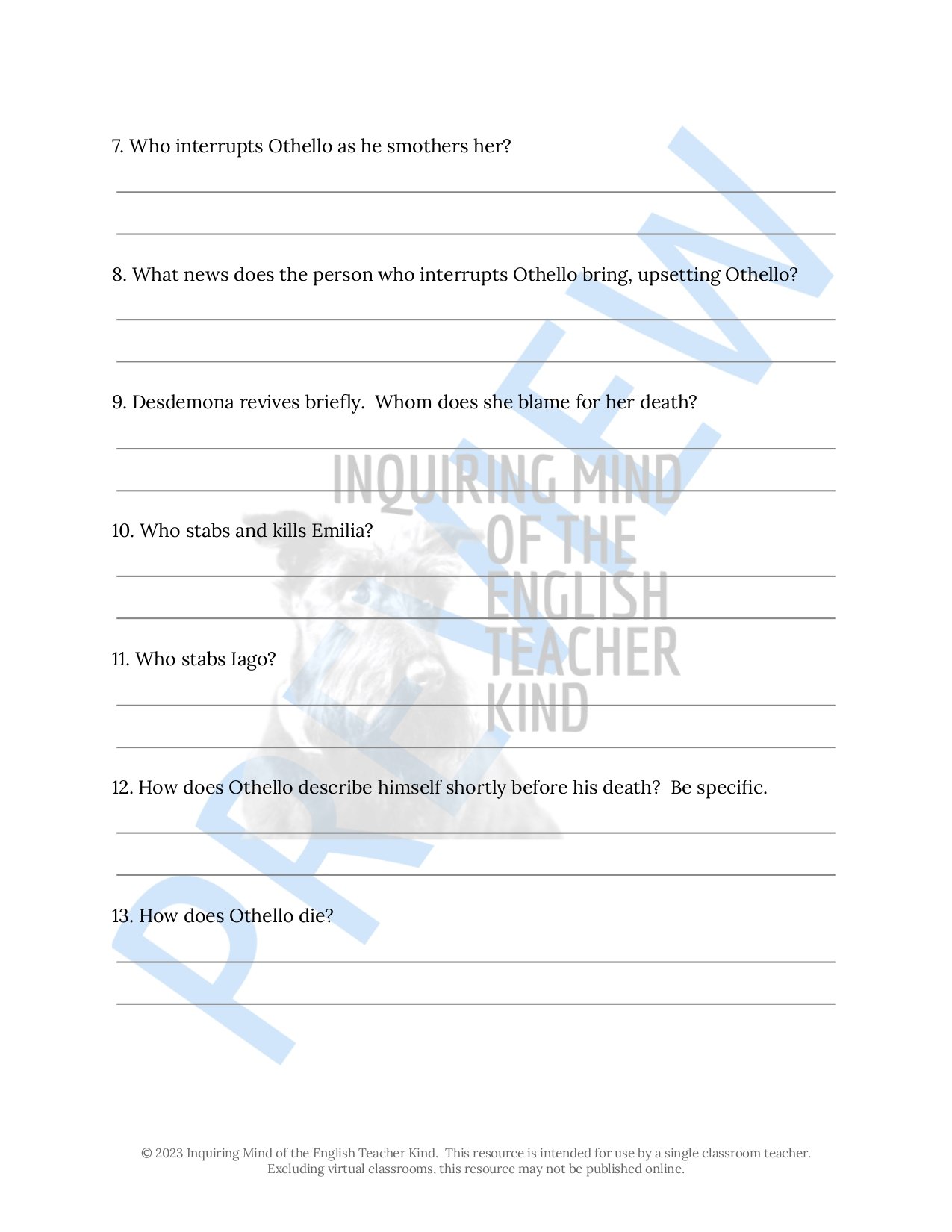 Image 1 of 43
Image 1 of 43

 Image 2 of 43
Image 2 of 43

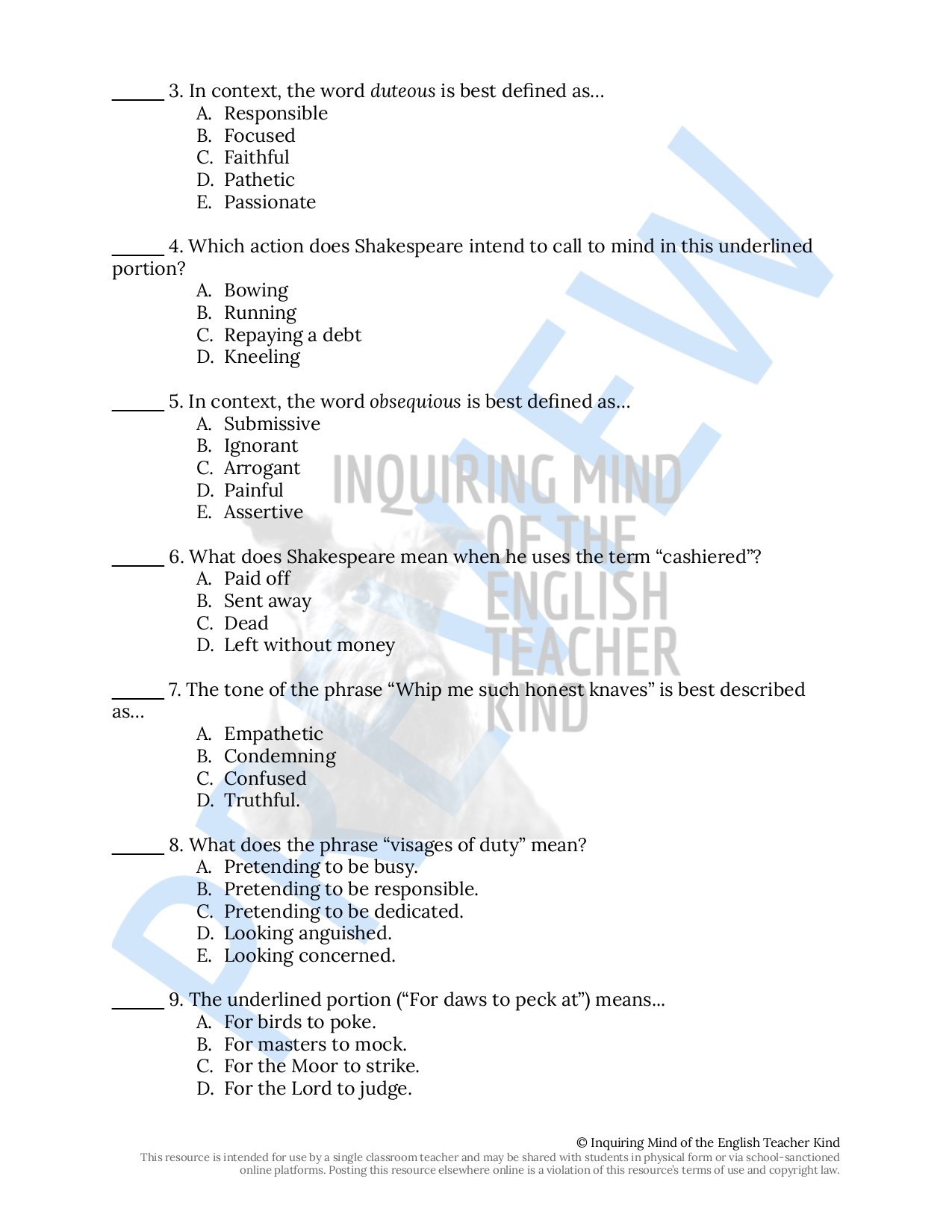 Image 3 of 43
Image 3 of 43

 Image 4 of 43
Image 4 of 43

 Image 5 of 43
Image 5 of 43

 Image 6 of 43
Image 6 of 43

 Image 7 of 43
Image 7 of 43

 Image 8 of 43
Image 8 of 43

 Image 9 of 43
Image 9 of 43

 Image 10 of 43
Image 10 of 43

 Image 11 of 43
Image 11 of 43

 Image 12 of 43
Image 12 of 43

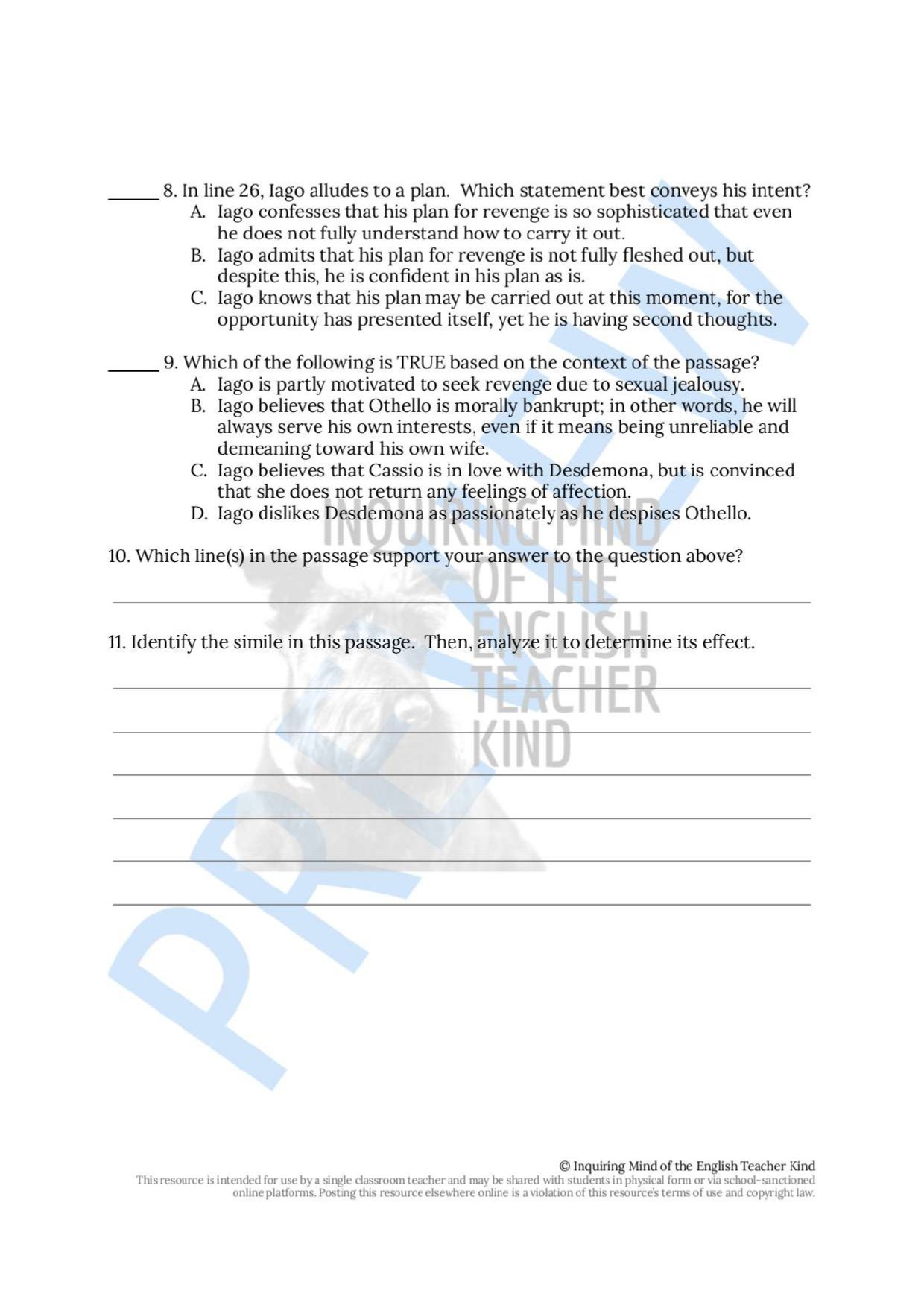 Image 13 of 43
Image 13 of 43

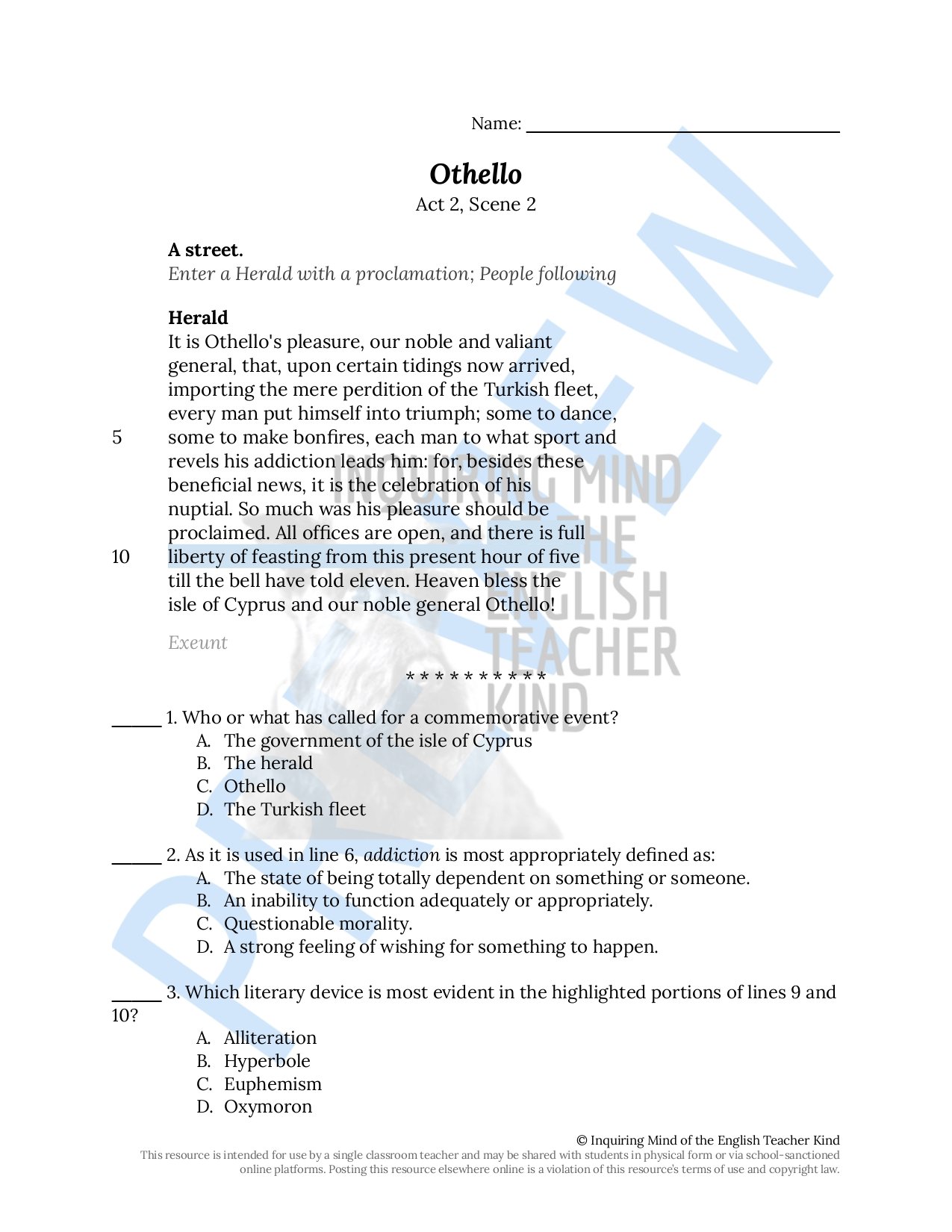 Image 14 of 43
Image 14 of 43

 Image 15 of 43
Image 15 of 43

 Image 16 of 43
Image 16 of 43

 Image 17 of 43
Image 17 of 43

 Image 18 of 43
Image 18 of 43

 Image 19 of 43
Image 19 of 43

 Image 20 of 43
Image 20 of 43

 Image 21 of 43
Image 21 of 43

 Image 22 of 43
Image 22 of 43

 Image 23 of 43
Image 23 of 43

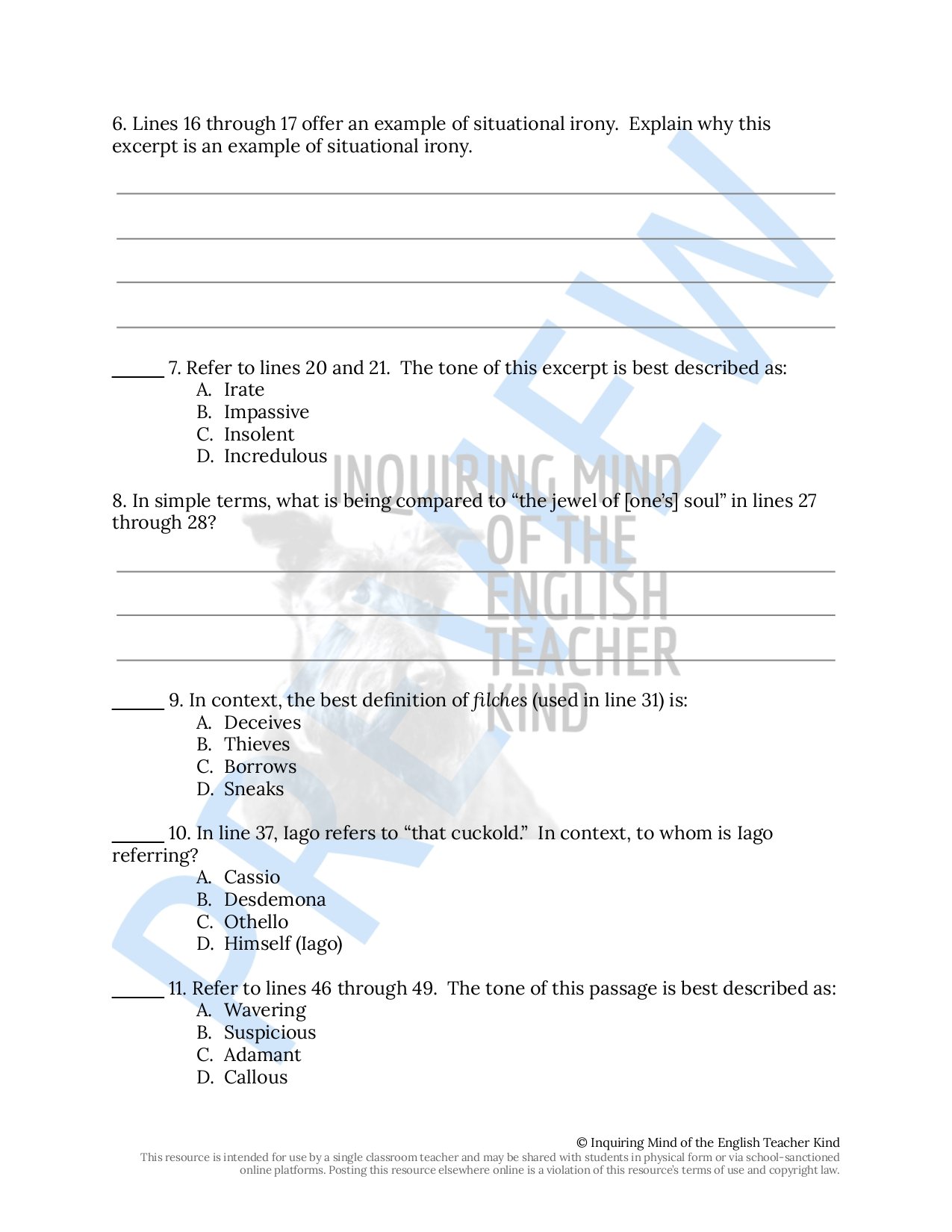 Image 24 of 43
Image 24 of 43

 Image 25 of 43
Image 25 of 43

 Image 26 of 43
Image 26 of 43

 Image 27 of 43
Image 27 of 43

 Image 28 of 43
Image 28 of 43

 Image 29 of 43
Image 29 of 43

 Image 30 of 43
Image 30 of 43

 Image 31 of 43
Image 31 of 43

 Image 32 of 43
Image 32 of 43

 Image 33 of 43
Image 33 of 43

 Image 34 of 43
Image 34 of 43

 Image 35 of 43
Image 35 of 43

 Image 36 of 43
Image 36 of 43

 Image 37 of 43
Image 37 of 43

 Image 38 of 43
Image 38 of 43

 Image 39 of 43
Image 39 of 43

 Image 40 of 43
Image 40 of 43

 Image 41 of 43
Image 41 of 43

 Image 42 of 43
Image 42 of 43

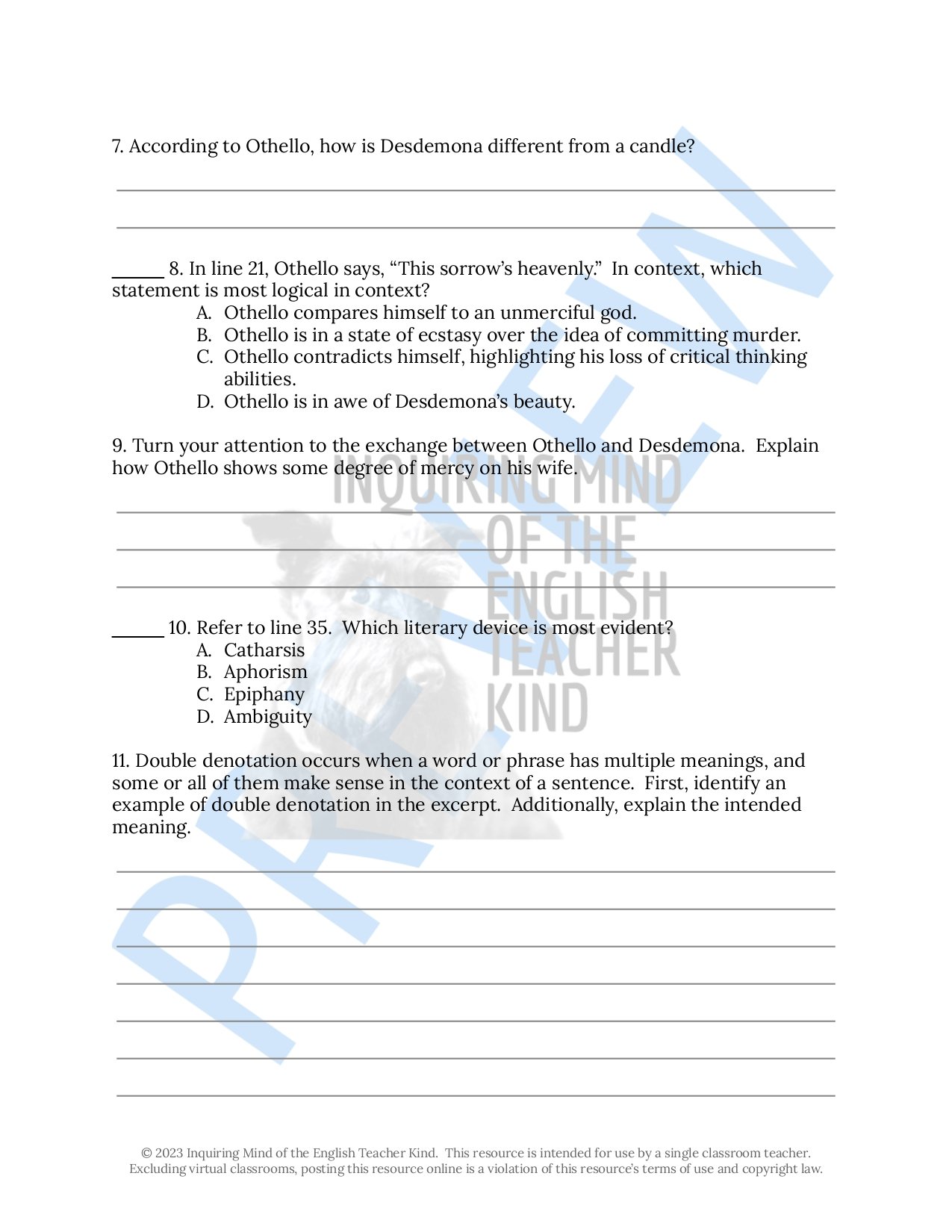 Image 43 of 43
Image 43 of 43












































Othello Close Reading Analysis Worksheets Bundle with Answer Keys
Challenge high school students to push beyond basic reading comprehension and exercise close reading analysis skills while engaging with Othello by William Shakespeare. Given the objective nature of the multiple choice questions, each close reading activity is rigorous enough for students to find deeper meaning in the text, yet convenient enough for teachers to quickly and efficiently gather data on their students' textual analysis skills. Included are fifteen close reading worksheets, each addressing an individual scene, and answer keys. Materials are delivered in Word Document and PDF formats. (Alternatively, a Google Drive bundle option is available.) By the end of the play, students will:
Identify what the text states explicitly and implicitly
Define complex words and phrases as they are used in the text
Explore how complex characters think, behave, develop, and interact
Analyze the author's craft, discerning how Shakespeare's language influences the audience's perception of Iago
Apply knowledge of literary devices including metaphor, simile, allusion, epiphany, foreshadowing, personification, verbal irony, dramatic irony, situational irony, and more
Explore themes in the play
Discern the tone of given passages
Determine the functions of given scenes
Articulate the significance of given details
Articulate how dialogue contributes to the development of suspense
Articulate how the setting contributes to a sense of uncertainty
Consider how the imagery of a willow tree is relevant to the content of Desdemona's song
Explore cause-and-effect relationships
Cite specific, relevant textual evidence in support of a claim or idea
Write about Shakespearean drama with clarity, accuracy, and precision
Materials in this bundle may facilitate small-group discussions in which students decode language and pose/respond to questions relating to plot, broad topics, and character development. Using these resources for structured guidance, students will improve their ability to present information, conclusions, and supporting textual evidence clearly and convincingly.
Materials are available for teaching a variety of Shakespeare’s plays:
Challenge high school students to push beyond basic reading comprehension and exercise close reading analysis skills while engaging with Othello by William Shakespeare. Given the objective nature of the multiple choice questions, each close reading activity is rigorous enough for students to find deeper meaning in the text, yet convenient enough for teachers to quickly and efficiently gather data on their students' textual analysis skills. Included are fifteen close reading worksheets, each addressing an individual scene, and answer keys. Materials are delivered in Word Document and PDF formats. (Alternatively, a Google Drive bundle option is available.) By the end of the play, students will:
Identify what the text states explicitly and implicitly
Define complex words and phrases as they are used in the text
Explore how complex characters think, behave, develop, and interact
Analyze the author's craft, discerning how Shakespeare's language influences the audience's perception of Iago
Apply knowledge of literary devices including metaphor, simile, allusion, epiphany, foreshadowing, personification, verbal irony, dramatic irony, situational irony, and more
Explore themes in the play
Discern the tone of given passages
Determine the functions of given scenes
Articulate the significance of given details
Articulate how dialogue contributes to the development of suspense
Articulate how the setting contributes to a sense of uncertainty
Consider how the imagery of a willow tree is relevant to the content of Desdemona's song
Explore cause-and-effect relationships
Cite specific, relevant textual evidence in support of a claim or idea
Write about Shakespearean drama with clarity, accuracy, and precision
Materials in this bundle may facilitate small-group discussions in which students decode language and pose/respond to questions relating to plot, broad topics, and character development. Using these resources for structured guidance, students will improve their ability to present information, conclusions, and supporting textual evidence clearly and convincingly.
Materials are available for teaching a variety of Shakespeare’s plays:




































































